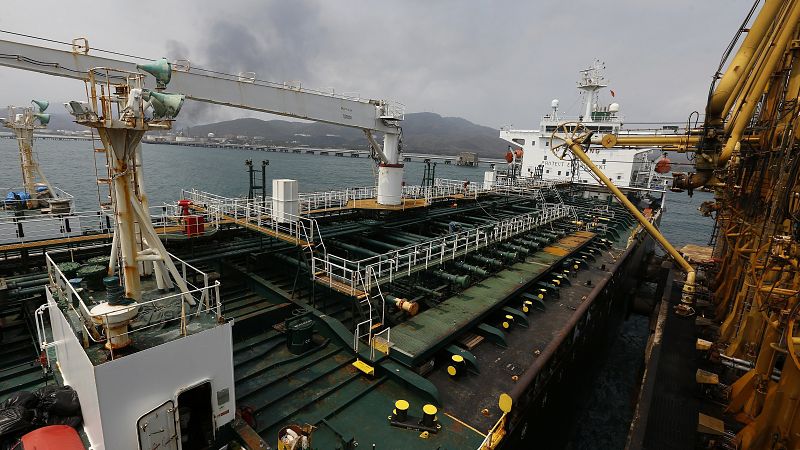Israeli threats on Iran's oil infrastructure drive up oil prices

Will the impact of the widening war in the Middle East soon be felt across the globe?
Israel's threat to target Iran's oil production infrastructure, including gas and oil rigs, refineries and storage facilities has heightened market concerns.
Iran is among the world's top 10 oil producers, with a production of 3.277 million barrels per day in August this year, according to the monthly report from the Organization of the Petroleum Exporting Countries.
The price of light crude oil futures for November delivery on the New York Mercantile Exchange reached 72.13 dollars per barrel in Wednesday morning trading while London Brent Crude Oil Futures for December delivery reached 75.74 dollars per barrel.
During the U.S. trading session on Tuesday, international oil prices surged by over 5 percent, reaching an intraday high, but later retreated as market sentiment gradually stabilized.
"Energy facilities, critical infrastructures could be the other target. Looking at where the prices will go, definitely it depends on where the destruction would be and how much oil is going to be taken off the market," Sara Vakhshouri the president of SVB Energy International said.
"But historically, we have seen that geopolitical factors, if the impact is not in a larger scale and could be mitigated, is not huge."
International oil prices are also facing widespread pressure from oversupply and weak demand. Several Wall Street investment banks including Goldman Sachs and Morgan Stanley have lowered their long-term oil price expectations, and Citigroup has projected that oil prices could fall to around 60 dollars per barrel by 2025.
After the assassination of Iran allies on its soil and in Lebanon by Israel, Teheran launche d a barrage of missiles into Israel. saying it was directed at military facilities.
Israeli media reported that the exact locations of impacts was barred from publication by the military censor.
Today

